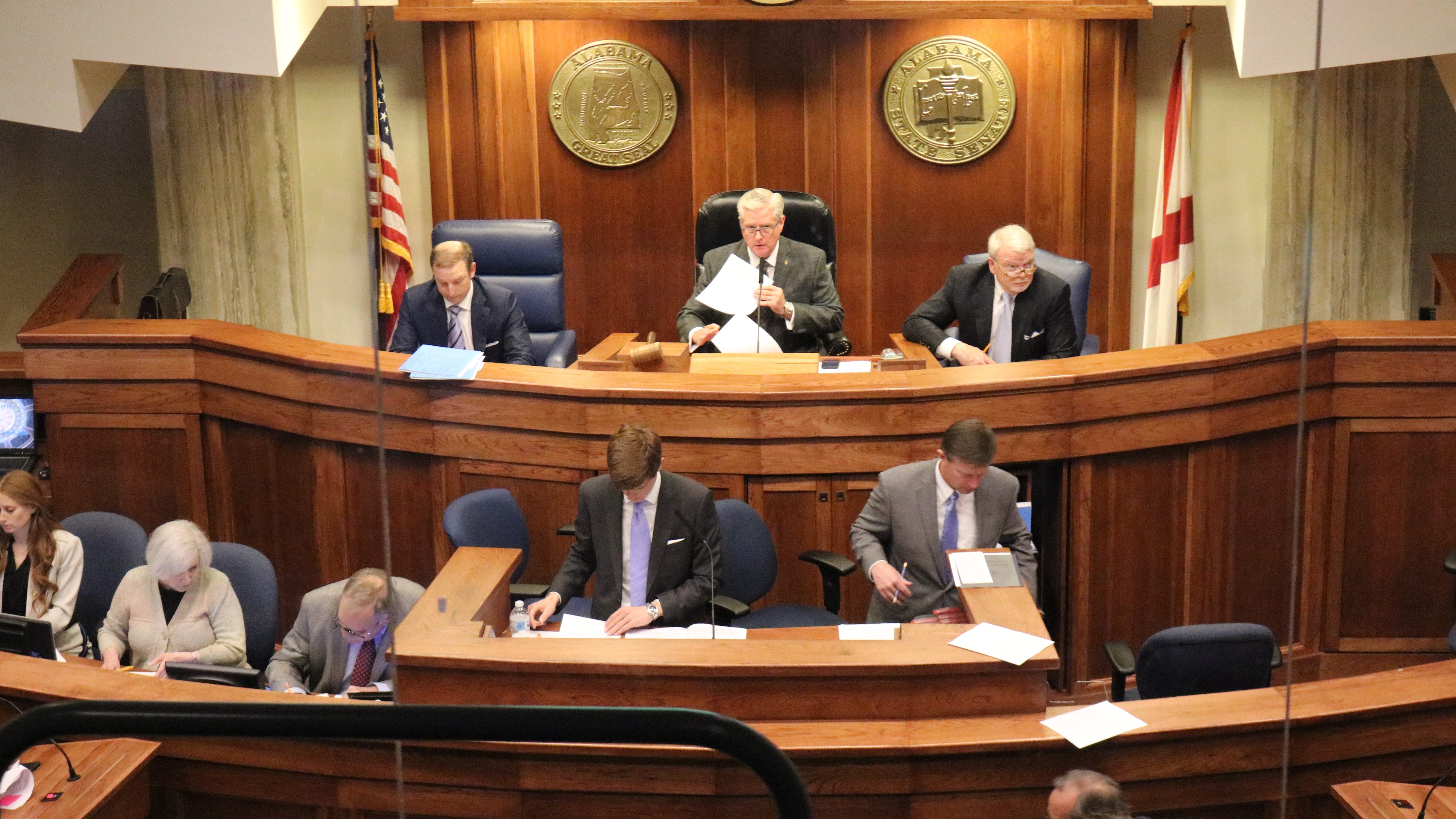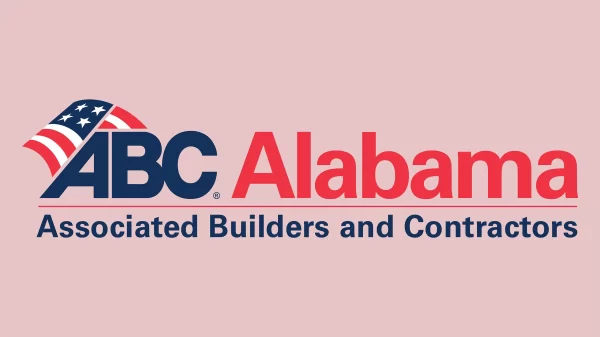The Alabama Senate has passed a collection of prison construction and reform bills, including the controversial use of $400 million in federal funds from the American Rescue Plan to aid in prison construction.
The bills would allow the construction of two large-scale men’s correctional facilities in Elmore and Escambia counties and a new women’s prison to replace Julia Tutwiler Women’s Prison with the use of federal COVID-19 relief money, along with state bond issuances. Money specifically for the new women’s prison isn’t set aside in those bills, however. House Bill 2, which would reform end of sentence supervision for Alabama inmates, also passed.
A relatively short filibuster from State Sen. Billy Beasley, D-Clayton, elongated the discussions on House Bill 4. Beasley, who voiced concerns over the size of the proposed prisons and their maintenance, filed an alternative bill for prison construction Tuesday.
Beasley said on the floor Friday that he had not told anyone in his district that he was “in support of building megaprisons.”
“If we build megaprisons, and don’t maintain them, 10 years from now, there will be another crisis in the Department of Corrections,” Beasley said. “I don’t know that I trust DOC to maintain the facilities, unless they’re instructed by the Alabama Senate to do so.”
State Sen. Greg Albritton, R-Atmore, said that HB4 had been developed over months of deliberation between the Alabama House, Senate, and governor’s office, and pointed to previsions for maintenance within the bill. “We’ve worked on this throughout the summer,” Albritton said.
HB4 was approved 29-2, with Beasley and Sen. Arthur Orr, R-Decatur, as the only “nay” votes. It will return to the House, due to amendments, for final passage.
House Bill 5 — the bill to approve the use of COVID-19 federal funds to aid the prison constructions financially — passed 30-1, with Beasley as the sole “nay” vote despite concerns voiced from the Democratic minority.
Sen. Linda Coleman-Madison, D-Birmingham, spoke about her concerns that the Legislature help the state’s struggling hospitals and health care centers.
“I am requesting, Mr. Chairman, and as a member of the General Fund committee as well, that we not wait until January to come back to appropriate money for these hospitals and nursing homes,” Coleman-Madison said. “That we put that in the call so that we can address that, because I just don’t think that many of these institutions are going to last.”
Sen. Rodger Smitherman, D-Birmingham, said the public is concerned that the Legislature isn’t addressing COVID appropriately.
“We’ve got to commit that this is our priority when we come back,” Smitherman said of next year’s regular session.
House Bill 6, further related to funding for the prison construction, passed without opposition 31-0, with no comment from Senate members.
House Bill 2, a prison reform bill that would increase the number of incarcerated individuals released and supervised for a period before their sentence fully finishes, also passed without comment 24-6.
“I think what we’ve done today is gonna be one of the largest steps towards curing many of the difficulties we have,” said state Sen. Greg Albritton, R-Atmore, in a press conference after the Senate adjoined Friday.
“I’m pleased the Prison Infrastructure Bill Package has passed the Alabama Senate with strong support,” said Alabama Gov. Kay Ivey in a statement Friday. “Our senators have worked hard to be solution-seekers to these long-standing challenges. I greatly appreciate Chairman Greg Albritton for his leadership in moving this package through the Senate. I look forward to signing these bills as soon as possible.”
The House is expected to vote on the final passage for House Bill 4, with the rest of the bills awaiting the governor’s signature before becoming law.






















































